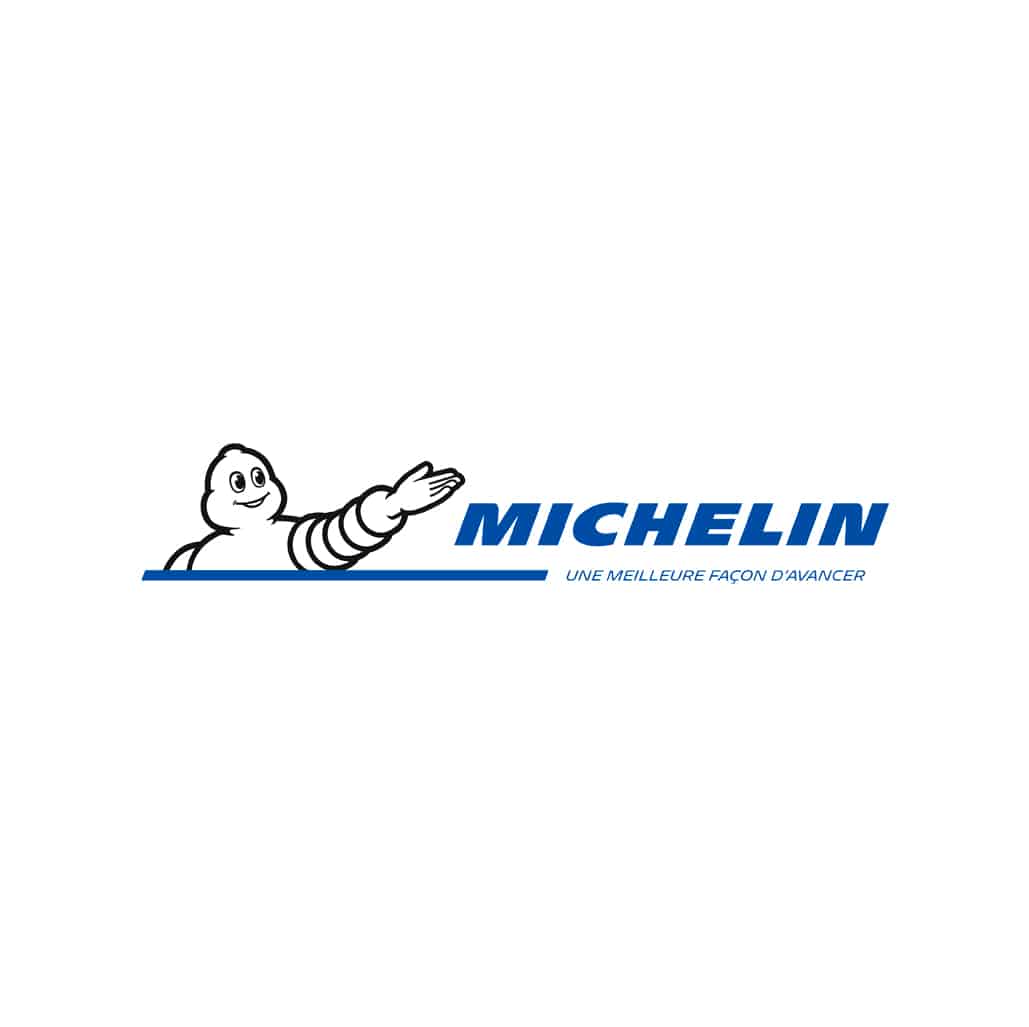BlackCycle Project : recycling end-of-life tires into new tires

The BlackCycle project, coordinated by Michelin, the world's leading tire manufacturer, aims to establish a comprehensive and massive circular economy for used tires by designing one of the first ever manufacturing chains for making new tires from used tires. The project brings together seven industrial partners, five research and technology organisations (RTOs) and an innovation cluster in a European consortium across five countries.
Main project's drivers for reducing the greenhouse gas (GHG) emissions
Energy and resource efficiency
Energy Decarbonisation
Energy efficiency improvements
Improving efficiency in non-energy resources
Emissions removal
Financing low-carbon issuers or disinvestment from carbon assets
Reduction of other greenhouse gases emission
Project objectives
The ambition of the BlackCycle project, expressed at the time of its launch, is to reduce the carbon footprint of the manufacturing of new tires. Indeed, the initial prognosis of the project is to allow a reduction of CO2 per unit mass of substituted material equal to 1 kg CO2/kg.
The BlackCycle project involves 13 organisations in a unique European public-private partnership that will demonstrate the technical, environmental, and economic viability of these circular processes.
The consortium will develop specific solutions to produce sustainable tire feedstocks: collection of end-of-life tires and selection of the feedstock, optimisation of pyrolysis, refining and recovery of the oil, optimisation of the kiln processes and performance evaluation of the sustainable tires created.
The project’s medium-term goal is to ensure that nearly one out of two end-of-life tires in Europe will be incorporated into this virtuous circle. BlackCycle will build a circular economy for the tire industry on a European scale.
Background :
Every year, 1.6 billion new tires are sold worldwide, representing over 26 million tonnes. The same amount enters the end-of-life tire category each year, offering a great potential for material recovery, which is only partially exploited. The current processes for treating end-of-life tires produce only a limited amount of raw material that can be reused in the tire industry. Furthermore, in the absence of sufficient solutions for recovering the material from end-of-life tires in Europe, more than half of these are exported to other countries.
Emission scope(s)
on which the project has a significant impact
- Emission scopes
- Description and quantification of associated GHG emissions
- Clarification on the calculation
Scope 1
Direct emissions generated by the company's activity.
Scope 2
Indirect emissions associated with the company's electricity and heat consumption.
Scope 3
Emissions induced (upstream or downstream) by the company's activities, products and/or services in its value chain.
Emission Removal
Carbon sinks creation, (BECCS, CCU/S, …)
Avoided Emissions
Emissions avoided by the activities, products and/or services in charge of the project, or by the financing of emission reduction projects.
Scope 3 – Raw materials with a lower CO2 emission factor
- At its start in 2020, the project has estimated the CO2 gain generated by its innovations after deployment:
- France:
- Initial emissions: 161,000 T CO2/y
- Final emissions: 112,000 T CO2/y
- CO2 savings: 49,000 T CO2 for an annual production of 195,000 T of tires
During the course of the project, this initial estimate will be reviewed.
Annual production of Michelin tires in France taken into account is 195,000T/year.
The production of 1T of carbon black for a tire via the traditional approach leads to the emission of 3.3 tCO2, mainly due to the fossil fuel supply of the materials involved.
The production of 1T of tire raw material from the new recycling channel leads to the emission of 2.3 tCO2.
The raw materials involved represent approximately 25% of a tire.
For the given production volume, the gain could reach 49,000 tCO2/year. During the course of the project, this initial estimate will be reviewed.
Key points
Invested amount
Research project worth €16M
Starting date of the project
2020
Project localisation
France, Germany, Greece, Spain and Switzerland.
Project maturity level
Prototype laboratory test (TRL 7)
Real life testing (TRL 7-8)
Pre-commercial prototype (TRL 9)
Small-scale implementation
Medium to large scale implementation
Economic profitability of the project (ROI)
Short term (0-3years)
Middle term (4-10 years)
Long term (> 10 years)
Illustrations of the project
By offering an economically and environmentally viable alternative, BlackCycle will reduce the export of end-of-life tires. The relocation of scrap tire management and processing within the EU should lead to the creation of sustainable jobs in Europe.
The technology solutions defined by the BlackCycle project are applicable worldwide with the same potential for climate impact.
13 organisations involved in a European public-private partnership
Seven industrial partners, 5 RTOs and one innovation cluster.
More information on the complete project sheet to download.
Contact the company carrying the project :
estelle.panier@michelin.com
